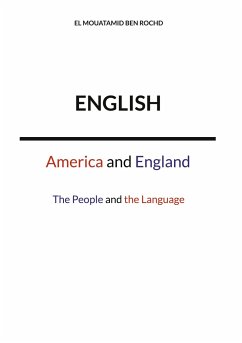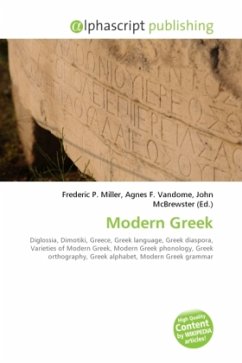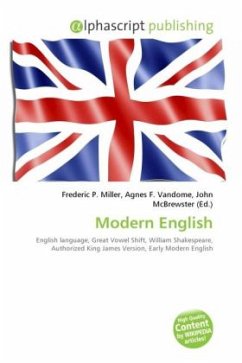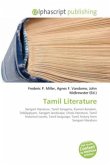Modern Celts are those peoples who are speakers of Celtic languages, or who consider themselves, or have been considered by others, to participate in a Celtic culture deriving from communities that have formerly been Celtic-speaking. The term is generally used for a number of peoples in Western Europe sharing various cultural traits, including those speaking languages with a common Insular Celtic origin, ultimately descending from the Celts of antiquity. Since the Enlightenment, the term "Celtic" has been applied to a wide variety of peoples and cultural traits present and past. Today, Celtic is often used in order to describe the people, and their respective cultures and languages: i.e. the Bretons, the Cornish, the Irish (especially the Gaeltacht), the Manx people, the Scots (Gàidhealtachd) and the Welsh (Cymry), i.e. the members of the modern "Celtic nations". Except for the Bretons (if discounting Norman & Channel Islander connections), all groups mentioned have been subject to strong Anglicisation since the Early Modern period, and are hence are also described as participating in an Anglo-Celtic macro-culture.
Bitte wählen Sie Ihr Anliegen aus.
Rechnungen
Retourenschein anfordern
Bestellstatus
Storno








